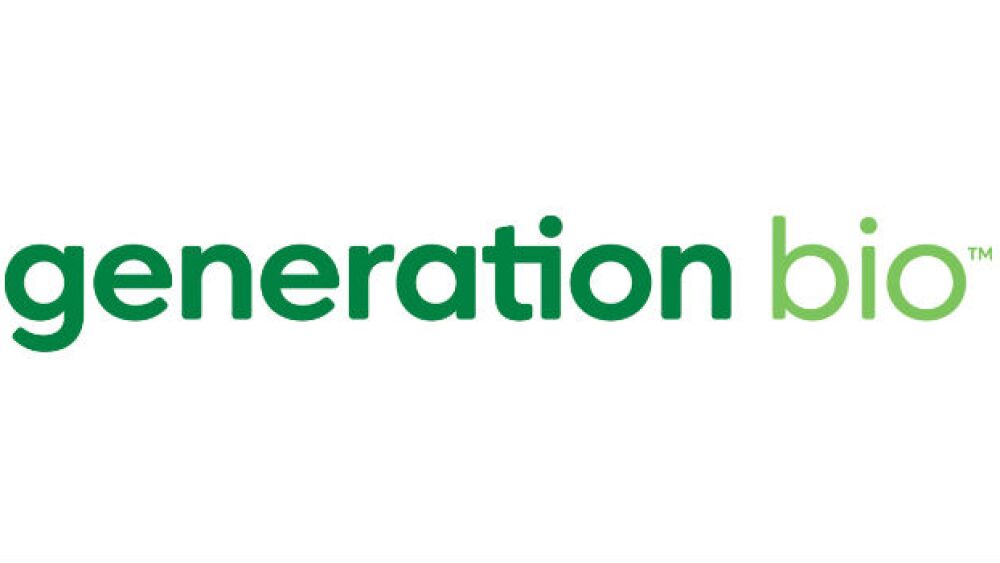Cambridge, Massachusetts-based Generation Bio closed on a $100 million Series B financing today.
Cambridge, Massachusetts-based Generation Bio closed on a $100 million Series B financing today. It was led by Fidelity Management & Research Company, and joined by Invus, Deerfield Management Company, Casdin Capital, Foresite Capital and Leerink Partners’ Affiliates. The company closed on its Series A worth $25 million in early January.
Most companies working on gene therapy utilize some sort of virus, typically adeno associated viruses (AAV), as vectors for delivering the engineered DNA into the target cells. That approach, which has some size limitations, has recently come under scrutiny over safety concerns.
Generation Bio’s co-founder and vice president, Robert Kotin, is one of the top experts in the world on viral transport. He was the vice president of Voyager Therapeutics and a researcher with the National Institutes of Health. Kotin and his colleagues at Generation Bio are focused on using close-ended DNA (ceDNA) instead of viruses. ceDNA can move from the cytoplasm of the cell into the nucleus without a virus. It has been dubbed GeneWave technology, and the company believes it avoids the immune response that can be toxic in AAV-based gene therapy approaches.
“We are delighted to have the support of this group of expert, long-term investors who share our vision to create a generation of people living unaffected by genetic disease,” said Geoff McDonough, Generation Bio’s president and chief executive officer, in a statement. “This will be a critically important year for us as we develop the GeneWave platform and work towards our first development candidates to address rare diseases of the liver. The round will also support the development of approaches to deliver ceDNA to other tissues such as the eye, the central nervous system and the lungs.”
McConough was chief executive officer of Swedish Orphan Biovitrium (Sobi). He previously was Sanofi Genzyme’s President EMEA, as well as the general manager of the Lysosomal Storage Disease franchise at Genzyme.
The money raised will be used to move its two lead therapeutic candidates through Investigational New Drug (IND) enabling studies, as well as to advance other programs.
The company expects to start with a lipid nanoparticle to deliver ceDNA to the liver. One of the proposed advantages of their approach is that if necessary, additional doses of the ceDNA could be introduced as necessary, because there would be no developed immune response.
McDonough told the Boston Business Journal that it expects to decide on a lead drug candidate by the end of this year and hopes to get into human trials within the next two years.
The company was founded in 2016 and currently employs 28 people. In addition to McConough and Kotin, Mark Angelino is a co-founder and chief operating officer; Doug Kerr is head of Preclinical Research & Clinical Development; Glenn Goddard is chief financial officer; Geary MacQuiddy is senior director, Program Management; Phillip Samayoa is senior director Strategy & Portfolio Development; Matthew Stanton is head of Platform Research; and Jennifer Elliott is vice president, head of Legal Affairs and Intellectual Property.





